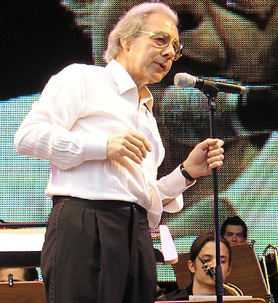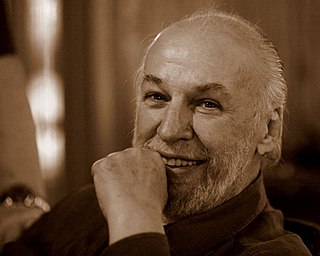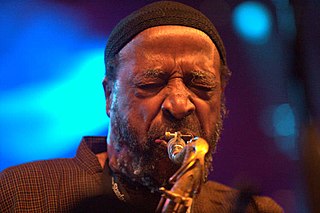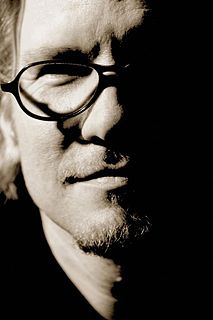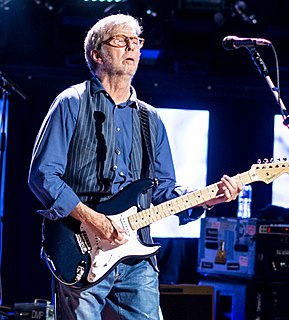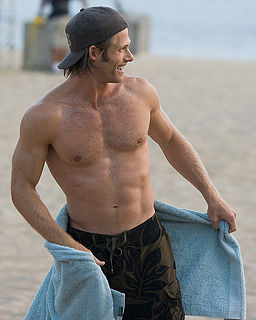A Quote by Stephen Mallinder
We were responding to a period in the 70s when we started that it was very much you cannot be involved in music unless you studied to do music.
Related Quotes
I was very young, maybe five. The opera was very... I was attracted to opera to the point that I think it's the reason I started to write music for films. I never studied. There are film and music school that teach you how to write music. I never studied that. But the influence of opera, which is a combination of storyline, visuals, staging, plus music... that was perhaps the best school I could have had. That's what gave me the idea of coming to Hollywood to write music for films.
It's amazing how much of that music I still listen to actually. I was such a fan of music, even after I got started professionally I remained a fan. But what happens when you're so involved is you start spending all your time based on the music that you're involved with, you just don't have as much time.
Each culture has some knowledge. That's why I studied with Saj Dev, an Indian flute player. That's why I studied Stockhausen's music. The pygmies' music of the rain forest is very rich music. So the knowledge is out there. And I also believe one should seek knowledge from the cradle to the grave. With that kind of inquisitiveness, one discovers things that were unknown before.
I started piano lessons at age six but didn't take music seriously until I was a teenager, when I thought about a career in music. I studied classical music, and my instruments were guitar and piano. I played keyboards in bands, and after high school I went to Vienna to study at the Academy of Music. I also became a session player, which culminated in my work with Tangerine Dream.
I always say to people that I left hip-hop in '97, meaning that I departed from listening to predominately hip-hop and just started really getting into records from the late '60s, early '70s. And once I made that change, I realized how much great music was made back in the day, and it started to become apparent how much we've lost in music.
I studied music for my first two years in college. When I went to UC Berkeley, I failed the admission requirements to get into the music school there, so I studied communications and public policy, which actually were a greater engine for my career than a musical education would have been. If I had gotten into the music department at Berkeley, I'd probably be a timpanist in an orchestra right now.
I'm old-fashioned. I think William Blake and people in the Renaissance people were multi. Look at da Vinci, he was involved in science; and Michelangelo was dabbling in poetry. Both of them were painters and sculptors but they also involved themselves with architecture. I honestly don't know what happened in the '60s and '70s. If you sang rock and roll in America at that time or were involved in expressing yourself through music like that, then many thought you couldn't possibly be an artist. That thinking is archaic.
In terms of exploring an identity in the country music world, what I realized very quickly was that there are people who have been performing country music since they were kids. It's very much a part of who they are; very much that jazz and blues are a part of who I am, because I grew up listening to and playing that kind of music.
When I'm representing my music live I think of it very much in a rock band sense. When I first started doing festivals in the 90s there really weren't other DJs playing the stages I was playing. So I felt I was being afforded an opportunity to kind of make a statement about what DJ music can be live. In the 90s, if you were a DJ you were in the dance tent, and you were playing house music and techno music. There was no such thing as a DJ - a solo DJ - on a stage, after a rock band and before another rock band: that just didn't happen.


